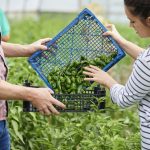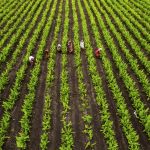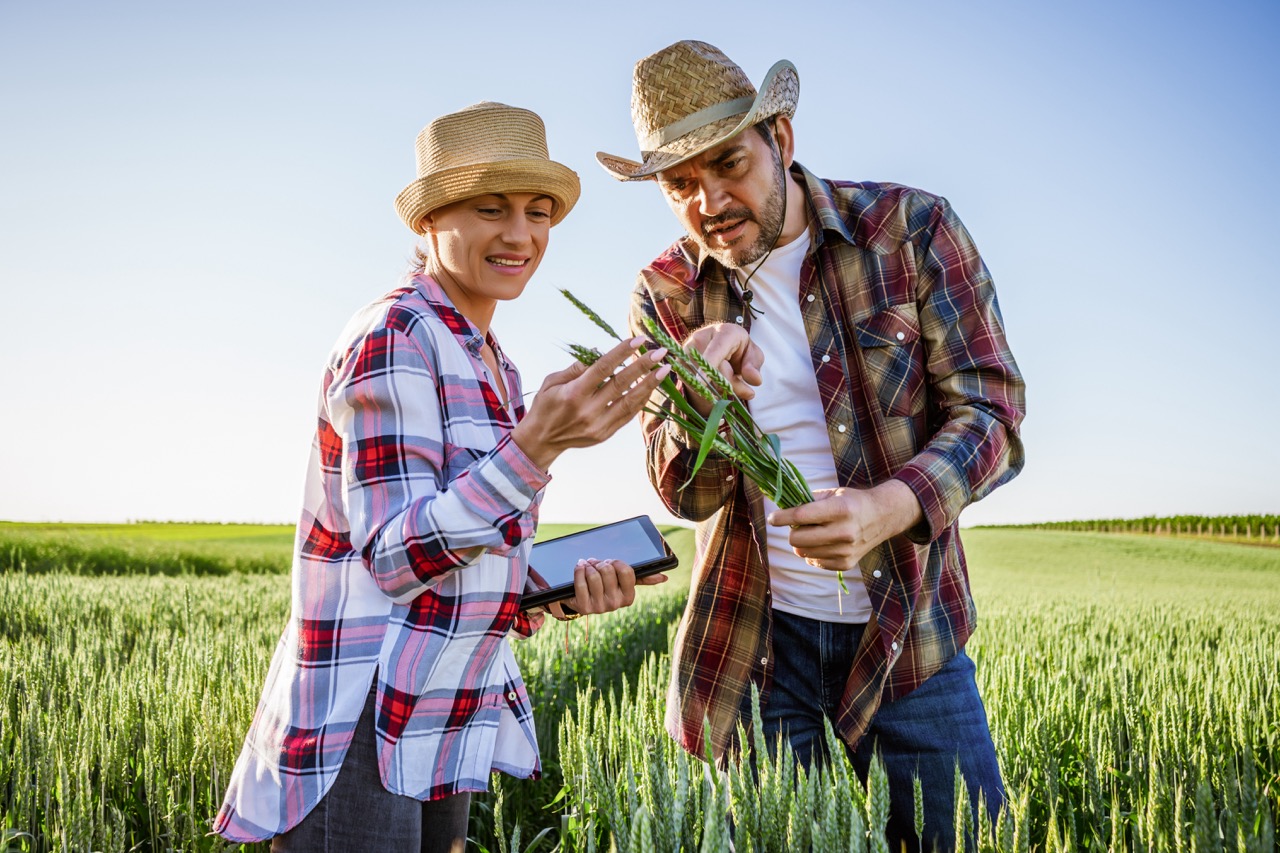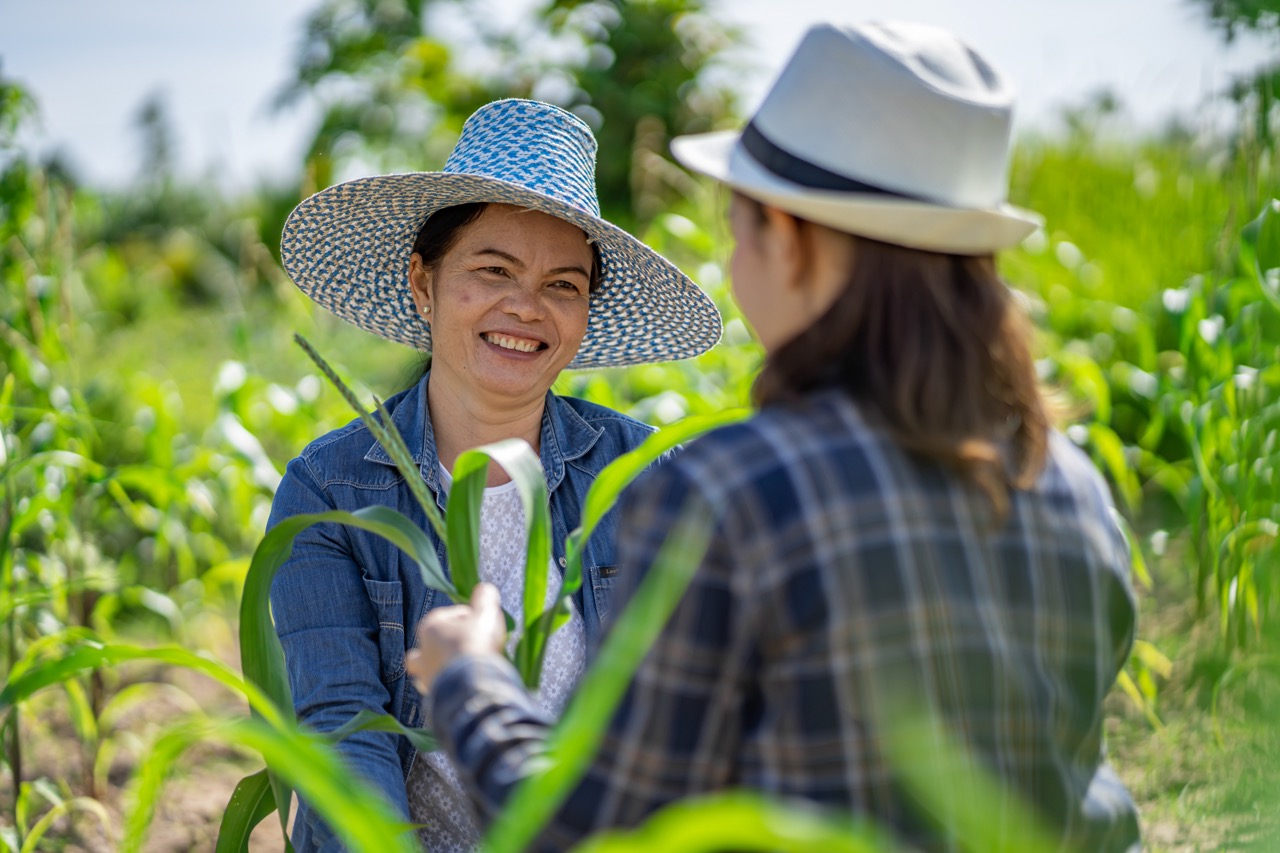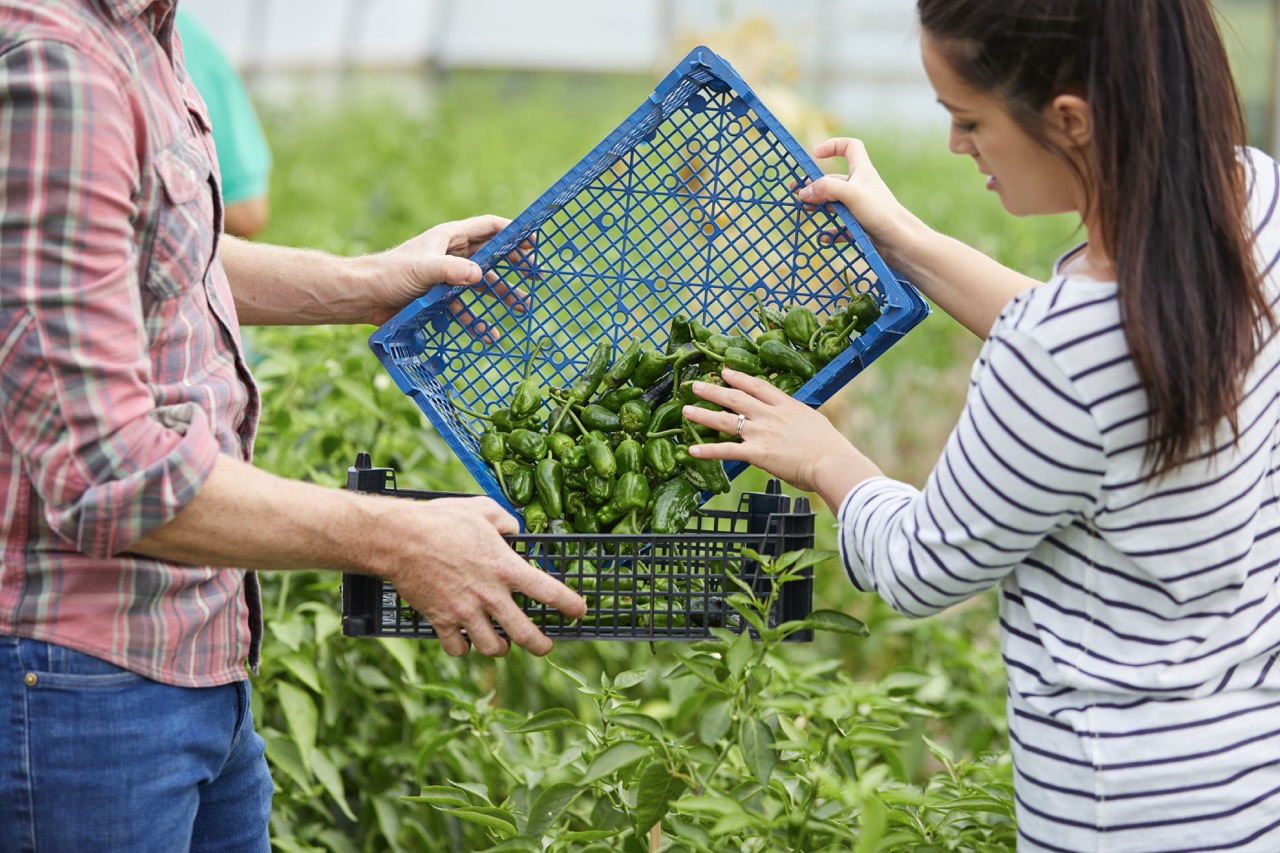Water is an essential resource in agriculture, and its management is particularly critical in sharecropping operations. Sharecropping, where landowners lease their land to farmers who cultivate crops in exchange for a share of the harvest, often involves a diverse range of water needs. Proper water management not only enhances agricultural productivity but also ensures the sustainability of water resources, which is increasingly vital in the face of climate change and resource scarcity. This article explores the importance of water management in sharecropping, effective strategies for water use, technological innovations, and collaborative approaches that foster sustainable resource management.
Understanding the Importance of Water Management in Sharecropping
Effective water management is paramount in sharecropping operations for several reasons. First, water availability directly impacts crop yields; insufficient or excessive water can lead to poor harvests and financial losses for both landowners and sharecroppers. Moreover, as sharecroppers often cultivate multiple crops, understanding the specific water needs of each crop becomes even more critical in optimizing harvest quality and quantity. By ensuring adequate water supply, sharecroppers can improve their economic stability and sustain their farming practices over the long term.
Second, the equitable distribution of water resources is essential in sharecropping settings, where multiple farmers might rely on the same water source. Fair management practices can help prevent conflicts among farmers and ensure that all parties can meet their agricultural needs. This becomes particularly significant in regions where water resources are limited and may require negotiation and collaboration among sharecroppers to manage shared water supplies effectively.
Lastly, effective water management contributes to environmental sustainability by reducing the risk of water depletion and contamination. Excessive water use can lead to salinization of soil and depletion of local aquifers, which can have long-lasting negative effects on the agricultural ecosystem. By prioritizing responsible water management, sharecroppers can protect their immediate environment while contributing to broader conservation efforts in their communities.
Key Strategies for Efficient Water Use in Agriculture
One of the most effective strategies for efficient water use is the implementation of drip irrigation systems. Drip irrigation delivers water directly to the plant’s root zone, minimizing evaporation and runoff. This system not only conserves water but also promotes healthier plant growth, ultimately resulting in higher yields. In sharecropping operations, where resources can be limited, investing in such efficient irrigation systems can lead to significant cost savings and improved productivity.
Another essential strategy is the adoption of rainwater harvesting techniques. Capturing rainwater runoff from roofs or other surfaces can be a sustainable way to supplement irrigation needs. Sharecroppers can build simple rainwater storage systems, which allow them to utilize this resource during dry spells, thus reducing dependence on other water sources. This not only conserves municipal or groundwater resources but also empowers sharecroppers to manage their water supply more effectively.
Additionally, implementing crop rotation and selecting drought-resistant crop varieties can optimize water use. By rotating crops that have varying water needs, sharecroppers can maintain soil moisture levels and reduce water stress on any particular crop. Moreover, planting drought-resistant varieties can yield successful harvests even in low-water conditions, thus ensuring the viability of sharecropping operations in increasingly unpredictable climates.
Technologies to Enhance Water Conservation Practices
Emerging technologies play a significant role in enhancing water conservation efforts in agriculture. Soil moisture sensors, for instance, can provide real-time data on soil conditions, enabling sharecroppers to make informed irrigation decisions. By monitoring moisture levels, farmers can irrigate only when necessary, preventing overuse and promoting efficient water application. The integration of such technologies helps optimize water distribution, ensuring that crops receive adequate hydration while conserving precious resources.
Another innovative technology making waves in the agricultural sector is the use of mobile applications designed for water management. These apps can offer tools for tracking water use, scheduling irrigation, and even forecasting weather patterns. By putting this information in the hands of sharecroppers, they can interactively manage their water resources more effectively, allowing for adjustments based on real-time data and trends. This level of accessibility fosters better decision-making and ultimately leads to more sustainable practices.
Finally, precision agriculture tools, which utilize GPS and satellite imagery, can assist in identifying water needs across different field zones. By analyzing variability in soil types and moisture levels, sharecroppers can apply water more precisely, targeting areas that require it the most. This technology not only maximizes the efficiency of water use but also promotes deeper insights into crop health and field management, encouraging a more data-driven approach to sharecropping operations.
Collaborative Approaches for Sustainable Resource Management
Collaboration among sharecroppers can yield significant benefits in water resource management. By forming cooperative groups, sharecroppers can pool resources, share knowledge, and collectively invest in irrigation technologies and infrastructure. Such collaboration not only reduces individual costs but also strengthens community ties and fosters a sense of shared responsibility for sustainable resource management. These cooperative efforts can lead to more equitable water distribution, benefiting all farmers involved.
Local governments and agricultural organizations also play a pivotal role in facilitating collaboration among sharecroppers. By providing training on sustainable water management practices and creating platforms for farmers to share ideas, these entities can enhance overall agricultural efficiency. Additionally, they can offer financial support for technology adoption and infrastructure investments, empowering sharecroppers to implement more sustainable practices without bearing the entire cost.
Furthermore, engaging in dialogue with local water management authorities can help sharecroppers secure access to adequate water supplies. By participating in local governance and advocacy efforts, sharecroppers can voice their concerns and negotiate fair water use policies that consider the needs of all stakeholders. This collaborative approach not only strengthens the position of sharecroppers but also fosters a more sustainable and equitable water management framework in the agricultural sector.
Managing water resources in sharecropping operations is not merely a matter of irrigation; it is a multifaceted challenge that encompasses economic, environmental, and social dimensions. By understanding the importance of efficient water management, employing innovative strategies and technologies, and fostering collaborative efforts, sharecroppers can ensure the sustainability of their operations and contribute to the health of the ecosystems they depend on. As climate challenges continue to evolve, adopting comprehensive water management practices will be essential for the future of agriculture, ensuring both productivity and sustainability for generations to come.


